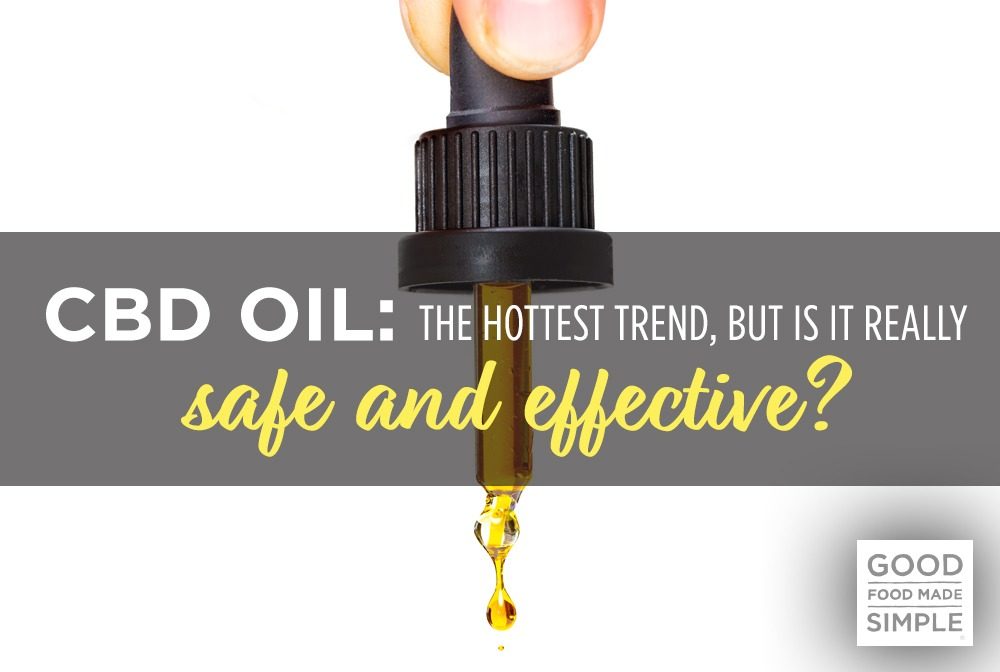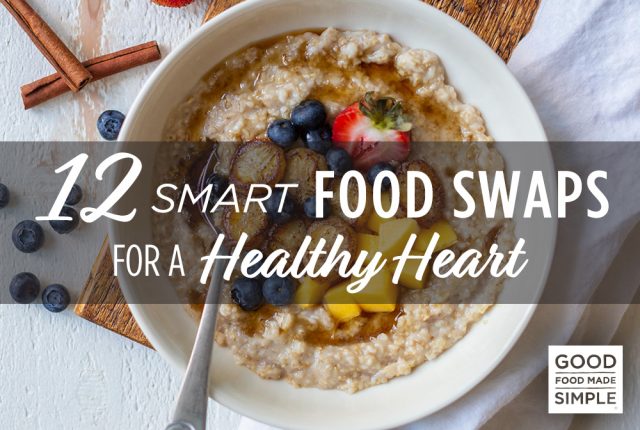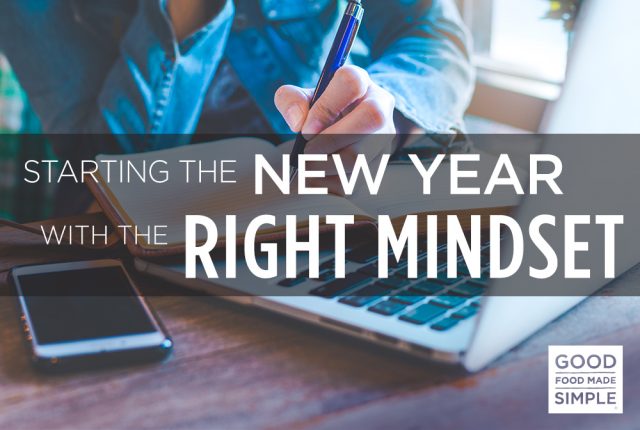
25 Active Date Ideas
While going on dates can certainly be fun, a typical night out with a romantic partner often ends up being focused on eating ...
read more
It seems like wherever you go, Cannabidiol (CBD) is there — from CBD coffee and creams to CBD dog treats, oils, and chews. But what exactly is CBD, how can it help with health, and is it safe to use and consume?
For starters, CBD is not the same as Tetrahydrocannabinol (THC), the psychoactive ingredient in marijuana. Rather, CBD is derived from the hemp plant, a cousin of the marijuana plant. While CBD is found in marijuana, it’s not the component that causes a high. Moreover, the World Health Organization has stated that CBD cannot be abused and/or become addictive — good news all around!
The quick answer to this question is: it depends. Every state in the US has certain laws that legalize CBD, yet there are a lot of gray areas, depending on if and how much THC is present, how it was grown and licensed, and if the CBD production followed federal regulations. And remember that while a state law might say it’s legal (in a state like Colorado, for example) the federal government still recognizes CBD in the same class as marijuana.
That said, CBD is becoming more and more mainstream, and laws around it are starting to loosen. In December 2015, the FDA lightened certain regulatory requirements so researchers could conduct CBD trials to better understand how it impacts our health. For more information on its legal status, search CBD laws by the state you live in.
The tricky thing about touting the health benefits of CBD is more studies on humans need to be done to verify various claims. However, we do have some smaller, short-term studies that show promising results.
Interestingly, the strongest evidence around CBD health benefits is that it can help treat epilepsy symptoms in children. There are now three successful clinical trials that show that the medication Epidiolex (which contains CBD) can treat two rare forms of epilepsy — Lennox-Gastaut syndrome and Dravet syndrome — better than antiseizure medication.
CBD is also widely known for treating pain. (If you’re an athlete, you may have rubbed CBD lotion on sore muscles! Certain small studies (in rats) demonstrate that CBD applied on the skin could lower pain and inflammation from arthritis, while other numerous humans studies reveal how CBD can inhibit inflammatory and neuropathic pain.
Rather than being addictive, a handful of studies show that CBD oil can actually help combat addiction. In an analysis of 14 studies, researchers concluded that CBD is therapeutic for people with opioid, cocaine, psychostimulant, cannabis, and tobacco addiction. This benefit is especially promising, given CBD’s potential ability to fight and replace opioids, a current alarming epidemic here in the United States.
Many people also use CBD oil to treat anxiety and depression. While (once again) there are limited studies, a handful of experts believe that CBD interacts with serotonin, a neurotransmitter that regulates mood and social behavior.
One study put anxiety and CBD to the test: 24 people with social anxiety disorder either received 600 mg of CBD or a placebo before having to speak in public. The group that received the CBD reported less anxiety, cognitive impairment, and discomfort while presenting their speech compared to the group that received the placebo.
Additionally, a large 2015 analysis stated that CBD oil is a promising treatment for social anxiety disorder, panic disorder, obsessive-compulsive disorder, generalized anxiety disorder, and post-traumatic stress disorder. With more studies currently being conducted, scientists and doctors should have an even better understanding of how it can safely promote better health.
Since CBD is not FDA regulated, this is a tricky question to answer. Without being regulated by the FDA, you can’t know for sure that the product you’re purchasing actually contains the active ingredients written on the label. Moreover, experts disagree on what is the proper dosage for various people depending on certain medical conditions and ailments.
For starters, if you’re taking any medication, it’s best to tell your doctor you’re thinking of using CBD since it could interact with other types of drugs. Some users report certain mild side effects of using CBD, like nausea, fatigue, and changes in mood.
While CBD can be found in countless products, the most effective way to consume it is orally as an oil. Users administer a few drops under the tongue until it is fully absorbed. You can also add CBD oil to coffee or juice, consume it in a capsule, or enjoy in coffee or chocolate. Just remember that before trying CBD, it’s best to talk with your doctor to make sure you consume the right amount and it doesn’t negatively impact the other medications you might be on.

25 Active Date Ideas
While going on dates can certainly be fun, a typical night out with a romantic partner often ends up being focused on eating ...
read more
12 Smart Food Swaps For A Healthy Heart
February is American Heart Month, and one of the best ways to maintain good heart health is to watch what you eat. Instead of...
read more
Starting the New Year With the ‘Right’ Mindset
With the holiday finally over and the new year upon us, I’d be shocked if you haven’t thought about New Year's Resoluti...
read more